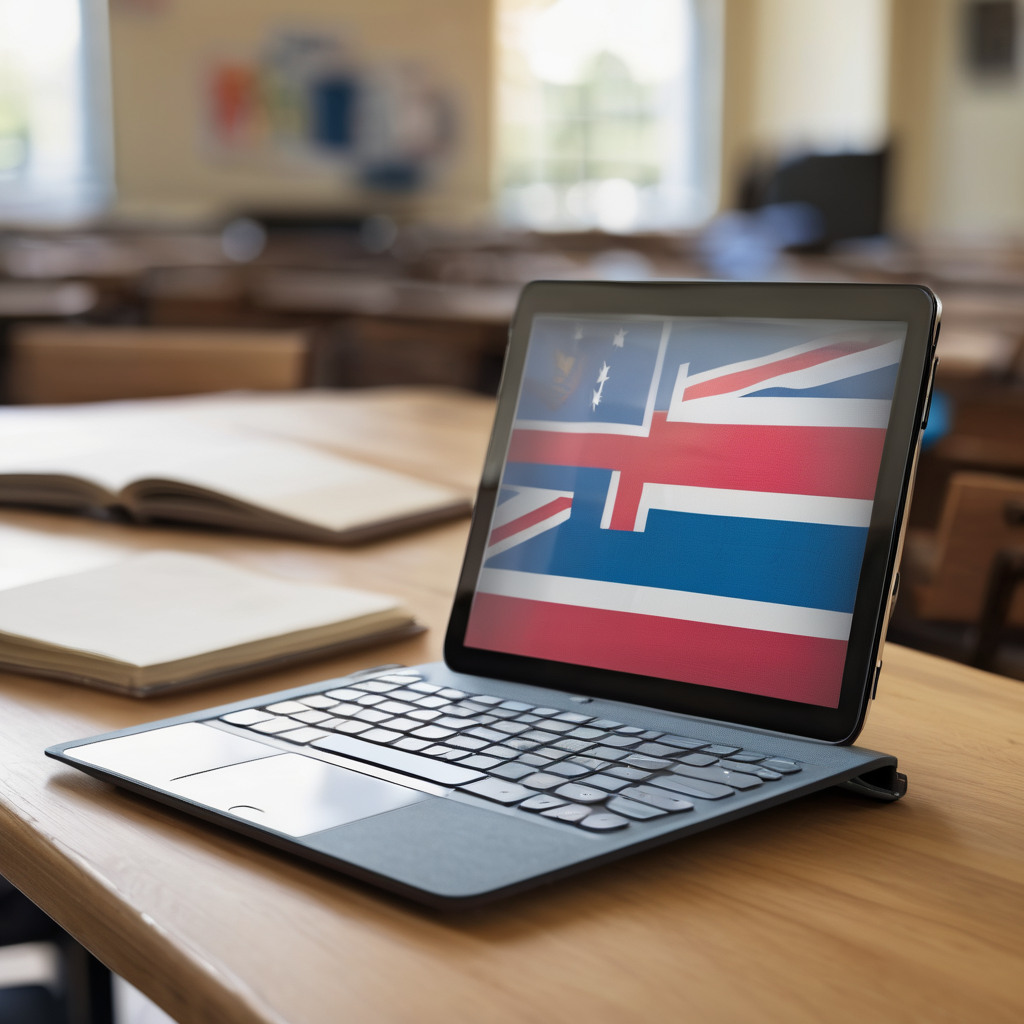The Vanuatu Parliament has made a pivotal change by approving an amendment to the Harmful Digital Communications Act, which aims to enhance protections for students under 16 in terms of their internet usage, particularly in educational settings. Introduced by Prime Minister Jotham Napat, this new legislation seeks to ensure that the internet is used as a beneficial, educational tool for young individuals.
During discussions surrounding the amendment, Napat emphasized the importance of safeguarding children from harmful online content and encouraging responsible digital practices. He highlighted that while it is challenging to govern students’ online activities outside school grounds, schools have a crucial responsibility to ensure that the internet is utilized solely for educational purposes within their facilities.
The newly enacted law mandates that educational institutions implement strict policies to limit access to inappropriate materials, including pornographic content. Additionally, internet service providers (ISPs) will be legally obliged to support these measures, aiding in the maintenance of a safer online environment for students.
Concerns regarding students’ interactions with social media platforms, especially TikTok, were also addressed by Napat, who advocated for regulatory restrictions on these sites. “The internet should be a tool for learning, not a pathway to harm,” he stated firmly.
Responding to the amendment, Minister of Education Simil Johnson called for a broader consideration of issues regarding digital use outside of school. Furthermore, Leader of the Opposition Ishmael Kalsakau voiced support for the bill and insisted on even stricter penalties for ISPs that do not follow the new regulations, emphasizing the necessity for accountability among those managing internet services.
MP Fred Samuel voiced strong support for the amendment, noting the potential benefits and risks that the internet poses for students. He acknowledged previous attempts to regulate internet usage in schools but argued that this amendment represents a crucial step toward establishing clear policies to guide students toward positive online engagement. Echoing this sentiment, MP Micah Olivier recognized the difficulties in monitoring student behavior beyond school boundaries, stating that schools can only manage activities occurring within their premises.
This legislative change has been characterized by the government as a crucial move to ensure that the internet contributes positively to students’ learning experiences while protecting them from the growing risks associated with digital communication. The bill received overwhelming support, passing with 45 votes in favor, reflecting a united front in Vanuatu’s commitment to safeguarding its youth in an increasingly digital world.
As similar global discussions emerge, including recent legislative movements in places like Australia and Fiji aimed at restricting access to social media for minors, Vanuatu’s proactive stance signifies hopeful progress towards creating a safer online space for young individuals.
